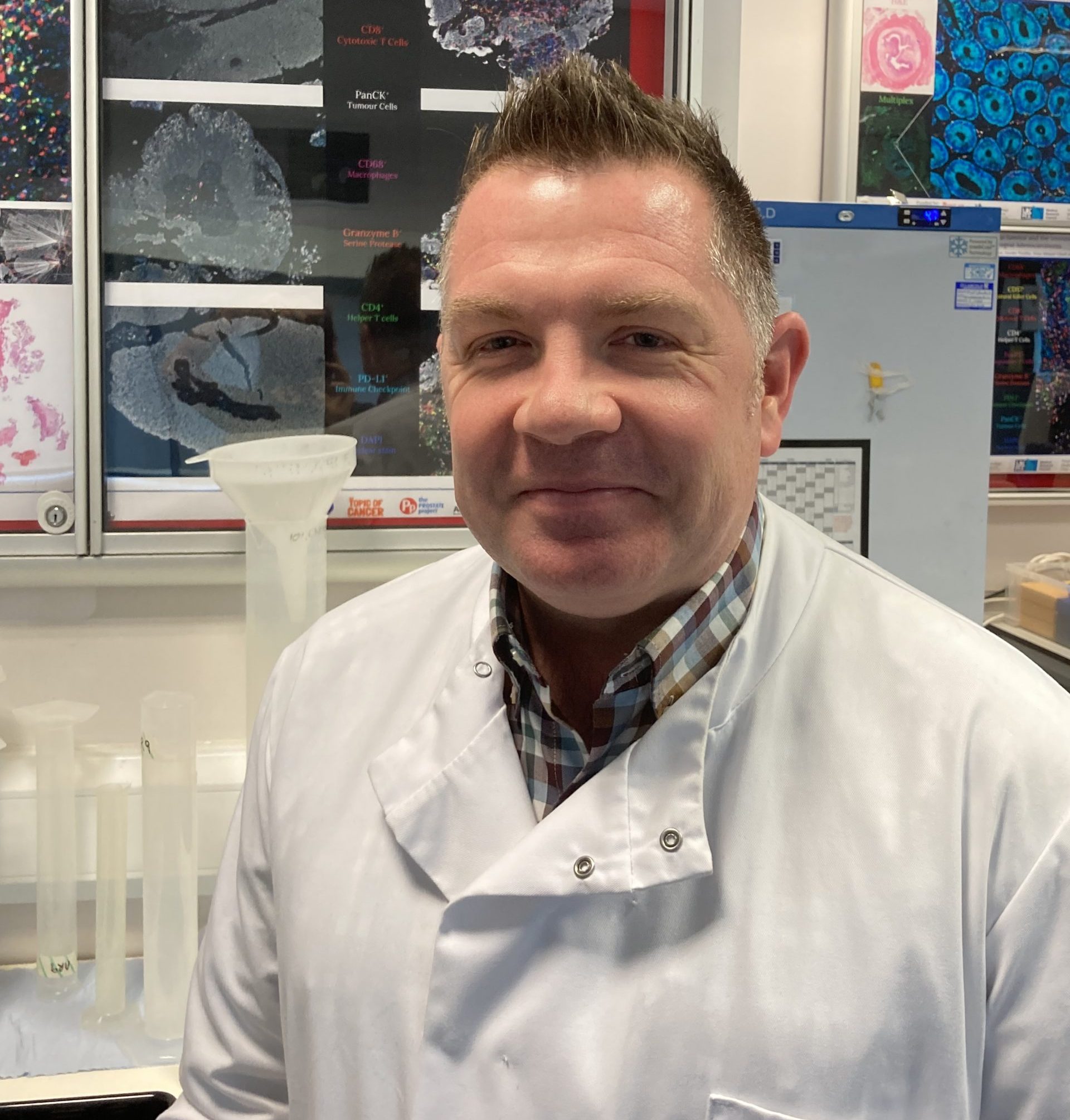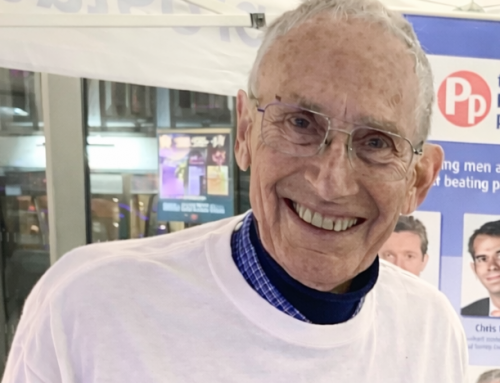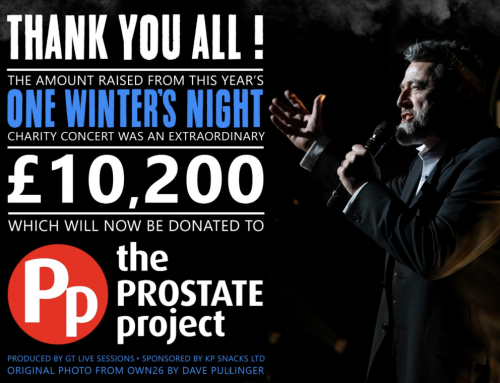
Dr. David Bartlett is a Senior Lecturer of Exercise Immunology in the School of Biosciences and Medicine at the University of Surrey, he is also, just for good measure, an Adjunct Assistant Professor of Medicine at the world famous Duke University in North Carolina, USA.
David is a hugely well-respected expert in immune cell biology, with a specific interest in the response of cells to exercise.
Whilst not directly involved with particular prostate cancer research at the moment, David has been working with, and alongside Professor Hardev Pandha, Dr. Nicola Annels, and Dr. Harry Roberts for over a year.
To put it as simply David is working on research that could change the way that almost every type of cancer is treated.
Of course, there is no secret in the fact that exercise helps to boost the immune system, but David and his colleagues are looking into not only the best types of exercise, but also developing individual fitness programmes, bespoke to each patient. His focus is on figuring out how to improve the immune cells that are damaged from cancer therapies so that they can help fight the cancer and reduce the risk of cancer coming back.
‘Prehabilitation’ is a word that has been coined to describe the process of getting cancer patients ready for treatment, the three major elements are lifestyle, mental wellbeing, and physical activity or exercise. A number of factors decide on the type of pre-treatment exercise that is most appropriate, including the time available before treatment begins, and the age and fitness levels of the patient, but in almost every case, the results are startling.
An effective Prehabilitation programme should lead to the patient leaving hospital sooner after surgery, and reduce the side-effects of treatment and medication. And, by continuing to exercise after, and even during the treatment cycle, we can achieve significantly better long-term health, and improved quality of life.
It really is that important.
So what about the collaboration that I mentioned in the title of this article?
One of the substantial differences between the type of research that David and his colleagues undertake, and the research funded by pharmaceutical companies is that results and ideas are freely, and generously shared. Peer reviewed papers are published for the benefit of every scientist, and no conversation with Dr. Bartlett is complete without a mention for some of the people that he has worked with.
Like David, these people are often specialists in a particular discipline, a typical example of this being Erik Hansen, at the University of North Carolina, a world-leading authority on exercise oncology, and muscle physiology. Another close associate of David’s is Professor William (Bill) Kraus, Professor of Medicine at Duke University Medical Centre, a brilliant man that believes in the power of collaboration, and building teams of experts.
The reason I mention these people, and their commitment to collaboration is that scientists like David do not grow on trees, and attracting a researcher of his stature is a real coup for University of Surrey. That David chose to return from the United States, is due in no small part to the quality of the teams that are already here, including those that I mentioned earlier, brilliant, dedicated minds like Professor Pandha, Dr. Annells, and Dr. Roberts, your donations help them in their work, and you should be very proud of this.
Footnote.
We received a very considerable donation to the Prostate Project had been made by the family of the late Robert Lane, and I am pleased to share this not, from Robert’s sister, and wife.
Although diagnosed late, so cancer was advanced; Robert was determined to live life to the full as long as possible and was a passionate supporter of research, volunteering for as many research projects as he was offered. He was on the active arm of the research into the effect of exercise on cancer treatment, lead by Dr. Harry Roberts. He really enjoyed this thrice weekly exercise very much and it contributed hugely to his feeling positive and well.
He was on the control arm of the Lutetium Lu177 trial but was given six sessions of the treatment at the end of the trial which I believe gave him an extra year. In addition he was on the control arm of other research projects at St. Luke’s, eventually becoming a research champion.
We are so grateful to Robert’s wife, and sister for allowing us to share this story, a very fine example of the importance of research, from a very fine man.


